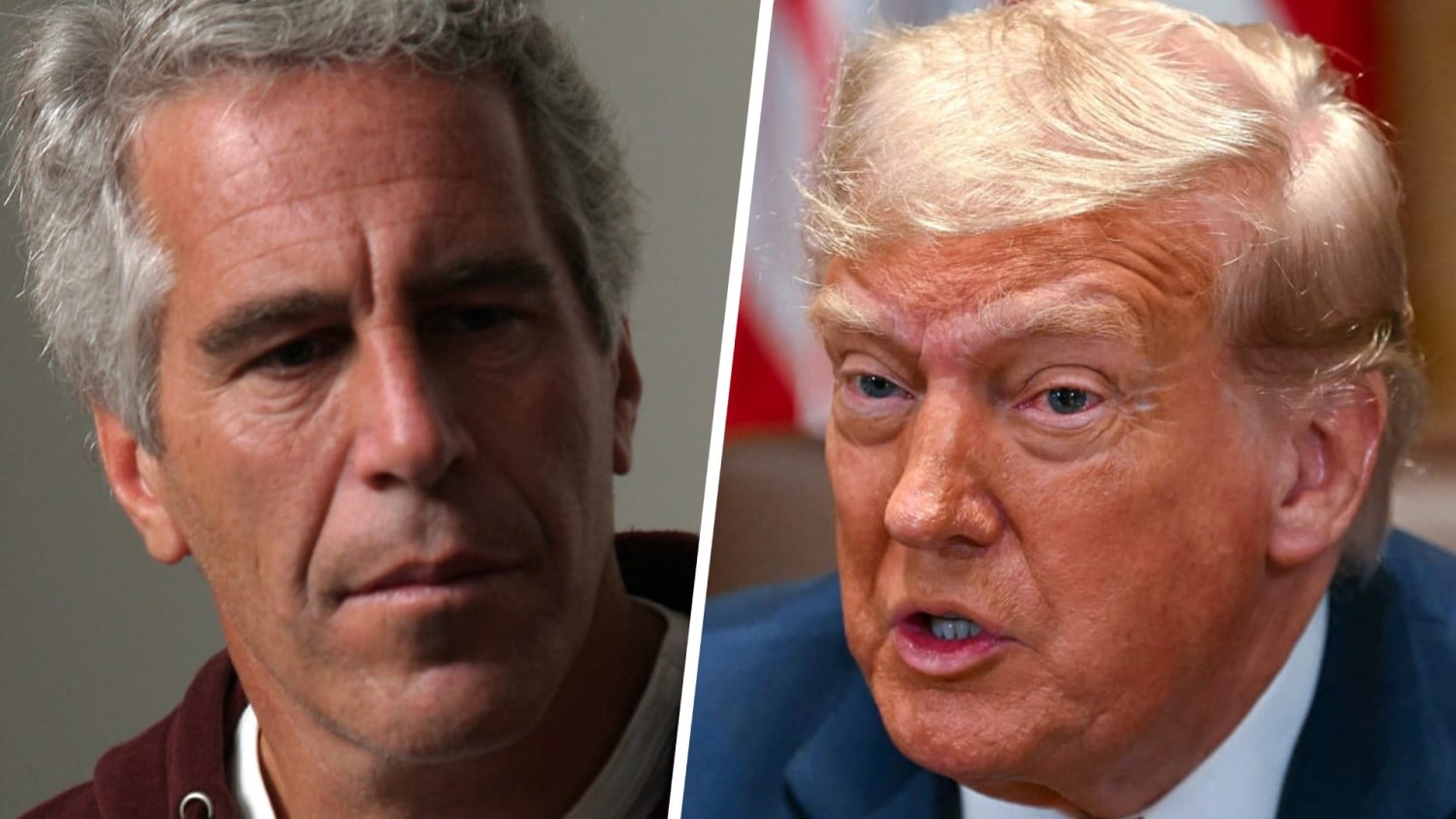Kareem Abdul-Jabbar has ignited a firestorm in the basketball community with his candid assessment of Larry Bird and LeBron James, asserting that Bird’s psychological dominance on the court eclipses even LeBron’s remarkable achievements. In a recent interview, Kareem, a titan of the sport himself, reflected on the profound impact Bird had on his opponents, stating that Bird instilled genuine terror in those who faced him, a sentiment echoed by legends like Magic Johnson and Michael Jordan.
 Kareem’s analysis highlights a critical distinction: while LeBron commands respect through meticulous preparation and control, Bird’s presence evoked fear. This difference in psychological warfare, according to Kareem, underscores a fundamental shift in the nature of competition over the decades. Bird’s era was marked by physicality and mental toughness, where every game was a battle fought in a brutal landscape, contrasting sharply with LeBron’s current environment, which emphasizes athleticism and scoring efficiency.
Kareem’s analysis highlights a critical distinction: while LeBron commands respect through meticulous preparation and control, Bird’s presence evoked fear. This difference in psychological warfare, according to Kareem, underscores a fundamental shift in the nature of competition over the decades. Bird’s era was marked by physicality and mental toughness, where every game was a battle fought in a brutal landscape, contrasting sharply with LeBron’s current environment, which emphasizes athleticism and scoring efficiency.
Kareem emphasizes that Bird’s greatness was not merely statistical; it was built on a foundation of mental fortitude and clutch performances in high-pressure situations. Bird’s ability to anticipate plays and exploit defensive weaknesses was unparalleled, making him a player opponents dreaded facing. In contrast, LeBron’s longevity and dominance stem from modern advancements in sports science and player management, which have allowed him to maintain elite performance into his 40s. Ultimately, Kareem’s perspective serves as a reminder that greatness in basketball is multi-faceted. It transcends records and accolades, rooted deeply in how players influence the game and their opponents. Bird’s legacy, defined by sheer will and psychological mastery, stands as a testament to the essence of competition, while LeBron’s era exemplifies evolution and adaptability. This nuanced debate, now reignited by Kareem’s remarks, invites fans and analysts alike to reconsider what truly defines greatness in the sport.





